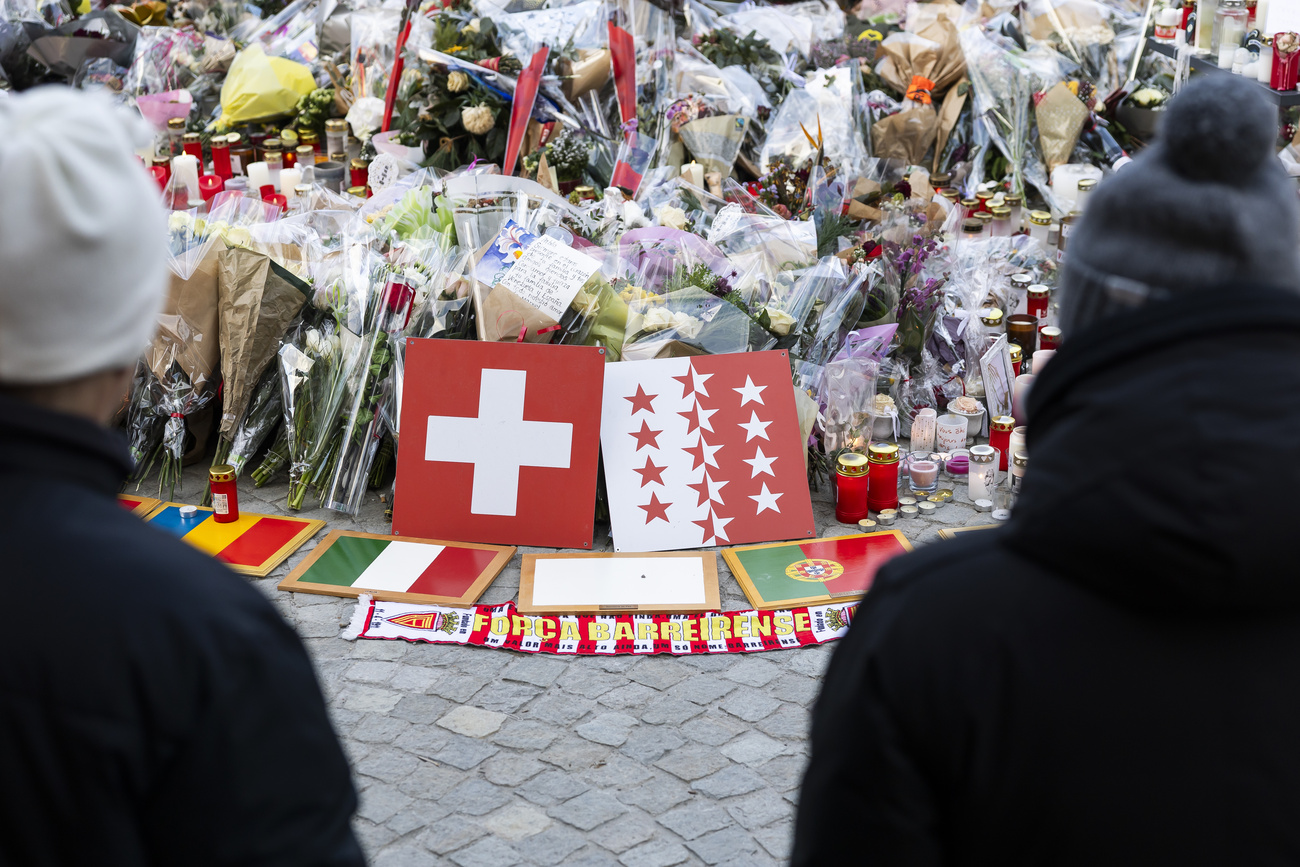
Dispute breaks out over tsunami reconstruction

The Swiss Red Cross (SRC) has rejected sharp criticism of the management of its Sri Lankan tsunami projects but admits it has made mistakes.
In an article in Zurich’s Tages-Anzeiger newspaper on Monday, Max Seelhofer, the former SRC head of delegation in Sri Lanka, accused the organisation of poorly utilising millions of francs of donor money and of bad planning.
“The Swiss Red Cross has made management errors,” said Seelhofer, who was in charge of post-tsunami reconstruction work in Sri Lanka from March 2005.
In particular, Seelhofer, 58, criticised his former bosses for their slowness in sending engineers to Sri Lanka to coordinate the reconstruction of houses following the tsunami in December 2004.
While waiting for them to arrive, the costs of construction materials and salaries skyrocketed, resulting in heavy costs for the organisation.
The former delegate said he gave his superiors ample warning about these “failures” but they ignored his “cries for help”. Seelhofer was made redundant in September 2006.
Criticism of Sri Lanka tsunami projects is nothing new. In November Swiss aid experts publicly acknowledged that the poorly coordinated and careless response in Sri Lanka to the 2004 tsunami inflicted more damage than the tidal wave itself.
Denial
In response, an SRC spokesman, Karl Schuler, rejected Seelhofer’s “baseless” accusations of mismanagement but acknowledged that the organisation could have acted quicker in sending engineers.
“From the beginning, we could have been more optimal in our planning,” he conceded.
In May 2005, six months after the tsunami hit the island, one SRC construction engineer was on the spot and a second arrived two months later, he said.
Schuler argued that, at that time, the organisation was still focusing on emergency activities and it was impossible to start reconstruction work. Initial activities involved preparing the terrain and repairing infrastructure, he explained.
The SRC spokesman denied that Seelhofer had been sacked as a result of the dispute, arguing that it had been caused by a “loss of confidence” between the former head of delegation and headquarters, and with his team in Sri Lanka.
Schuler refused to go into details about the reasons for Seelhofer’s dismissal, however. He claimed that Seelhofer’s arguments were personal and his public criticism resulted from his “bitterness” towards the SRC.
According to Schuler, so far 500 houses have been built or renovated by the SRC in Sri Lanka. Another 3,600 have been constructed by locals with SRC support.
Between now and the end of 2007, 6,000 homes will have been built or renovated with SRC support, costing some SFr43 million ($35.18 million).
swissinfo with agencies
The tsunami hit Sri Lanka on December 26, 2004.
More than 30,000 died and around 500,000 were left homeless.
Swiss humanitarian organisations collected some SFr220 million for the entire tsunami action in the Indian Ocean.
Swiss Solidarity collected most from private donors. It is financing 112 projects worth SFr187.9 million.
The Swiss Agency for Development and Cooperation (SDC) is contributing SFr35 million (Indonesia: SFr12.5 million; Sri Lanka: SFr16 million).
Two years after the tsunami, the International Federation of Red Cross and Red Crescent Societies says that half of its tsunami donor funds have been spent.
The remaining reconstruction work is expected to take another two years.
Of the SFr2.8 billion collected for its tsunami action, the federation has spent approximately SFr1.4 billion.
The vast majority, SFr600 million, went to projects in Indonesia, and SFr230 million to Sri Lanka.
The Red Cross has committed to rebuild 50,000 houses. So far, some 8,200 are ready and 13,000 are under construction.
A total of 89 hospitals and clinics have been rebuilt, while 212 still need to be reconstructed.
Of the 132 schools needing to be rebuilt, 16 have been completed.

In compliance with the JTI standards
More: SWI swissinfo.ch certified by the Journalism Trust Initiative






























You can find an overview of ongoing debates with our journalists here . Please join us!
If you want to start a conversation about a topic raised in this article or want to report factual errors, email us at english@swissinfo.ch.